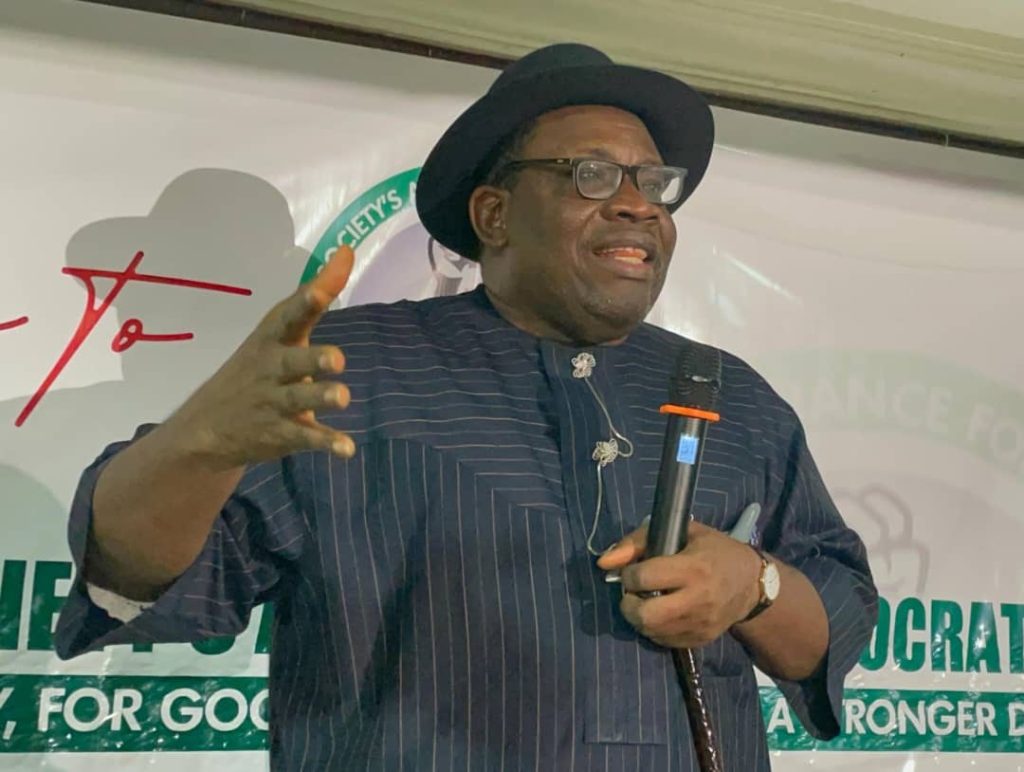Nearly seven out of every ten inmates in Nigeria’s overcrowded correctional facilities have yet to face trial, according to the country’s Interior Minister, Olubunmi Tunji-Ojo. Speaking during an interview on Channels Television’s Politics Today, the minister revealed that 67% of detainees nationwide are awaiting court proceedings, while 72% are classified as state-level offenders—a jurisdictional challenge complicating efforts to reform the system.
Tunji-Ojo stressed that collaboration between federal and state governments is critical to addressing chronic overcrowding and improving prison conditions. “States are legally permitted to operate their own correctional centers, but the reality is the federal government bears much of this burden,” he explained. A significant majority of inmates, he noted, are held for offenses under state laws, yet their prolonged detention in federally managed facilities strains resources.
While acknowledging systemic issues, the minister avoided assigning blame, citing President Bola Tinubu’s directive to focus on solutions. “We were elected to produce results, not excuses,” Tunji-Ojo said, quoting the president. Plans include intensified dialogues with state governors to develop shared strategies for decongestion and improved oversight.
This announcement follows recent efforts to alleviate pressure on detention centers. In July, authorities released 4,550 inmates charged with minor or bailable offenses, alongside individuals imprisoned for extended periods without trial. The move, described as part of a broader reform agenda, aimed to prioritize rehabilitation and reduce overcrowding. Tunji-Ojo emphasized that the Tinubu administration remains committed to modernizing correctional services, despite inheriting what he called “significant infrastructural and operational deficits” upon taking office in 2023.
Nigeria’s prison system has long grappled with overcrowding, delayed trials, and poor conditions—a challenge exacerbated by a backlog of cases in under-resourced courts. Human rights groups have repeatedly criticized the high proportion of pre-trial detainees, which undermines judicial efficiency and detainee welfare. The minister’s remarks signal a renewed push to address these issues, though successful implementation hinges on sustained cooperation between federal and state authorities.
As reforms unfold, advocates urge transparency in inmate reviews and investments in legal aid to expedite trials. With nearly 70% of detainees still awaiting their day in court, the government faces mounting pressure to transform its correctional system from a holding ground into a space for justice and rehabilitation.



